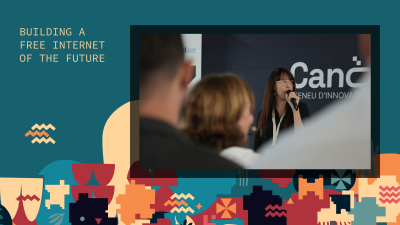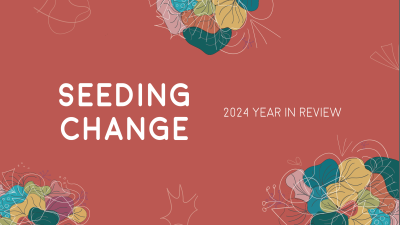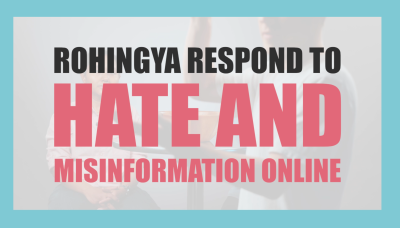The latest on human rights
The problem
Human rights are integral to the realisation of human autonomy and to advancing social justice. Digital technologies and spaces have impacted the way we experience our rights online and offline. On the one hand, digital technologies and spaces have been instrumental in mobilisation and advocacy, while on the other hand, they have paved the way for new forms of violations that have far-reaching consequences.
As digital technologies become more widespread and pervasively deployed in society, they impact a wide range of rights, from the freedoms of expression, assembly and association and privacy to economic, social and cultural rights, like the right to work, education and culture.
As digital divides widen, people are reliant on digital technologies to participate in democratic processes and to access public services. The digitisation of people’s lives, combined with the exploitation of people’s data, presents profound risks to people’s rights, including their right to be free from discrimination.
Governments and digital technology companies are often at the forefront of control, surveillance, censorship and even total shutdowns of internet services, thereby disrupting not just the internet, but also peoples’ ability to enjoy fundamental human rights.
The change we are working towards
Human rights need to be at the centre of the development, deployment, utilisation and regulation of the internet and digital technologies. Our focus is to ensure that people are able to exercise their rights, which includes a scenario in which:
- People and civil society organisations hold states and the private sector accountable for existing and new forms of rights violations.
- Norms, standards and regulations relating to the internet, digital technologies and spaces advance human rights online and offline.
- Governments promote, protect and respect human rights and comply with their obligations – including addressing violations by private actors.
- Technology companies respect human rights by makingy policy commitment to respect human rights, carrying out human rights due diligence and providing remediation of abuse where the they identify adverse human rights impacts caused by their services, products and/or policies.
Our role in this change
The internet and digital technologies are enablers of human rights, development and social justice, including gender justice. We believe in influencing policy change by working with our members, partners, collaborators and strategic allies to develop positions that promote and protect human rights, challenge corporate domination and hold governments accountable.
Recognising that the landscape of human rights protection and promotion has changed and that the private sector mediates many of our rights, we will increase our advocacy aimed at challenging the private sector and holding technology companies accountable.








